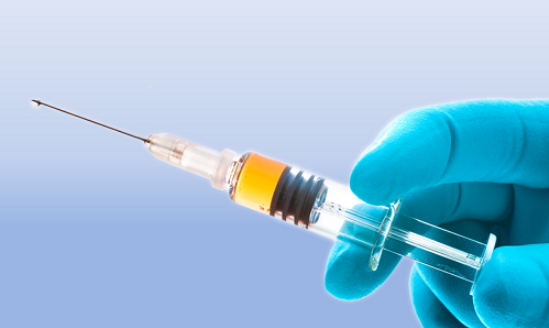Researchers at the Indian Institute of Technology, Guwahati develop an injectable gel using silk proteins to deliver insulin producing cells needed to address Type1 Diabetes. The gel has been tested in rats. The innovation is promising as it may help Type 1 diabetes patients to get rid of frequent insulin injections in future.
Guwahati (ISW) – Researchers at the Indian Institute of Technology, Guwahati have developed an injectable gel using silk proteins to deliver insulin producing cells needed to address type1 diabetes.
The gel has been tested in rats. Normally islets in pancreas are surrounded by extracellular matrix which provides structural and biochemical support to cells. The components of this matrix bind to transmembrane proteins on the islet surface to facilitate cell to cell connection, proliferation and insulin secretion.
Previous studies had suggested hydrogels have potential to deliver islets as they contain high water content and mimic hydrophilic content of extracellular matrix. However, use of harsh chemicals in making gels makes them unsuitable to deliver cells or bioactive molecules.
To address this problem, researchers used mixture of two silk proteins (mulberry Bombyx mori and non-mulberry Antheraea assama) which leads to self-gelation. Insulin-producing islet cells were harvested from rats and encapsulated in hydrogel. The hydrogel was loaded with immunosuppressive drugs to prevent immune rejection. It was then injected under the skin of rats.
“The islet delivery matrix could be easily injected in a minimally invasive manner while maintaining islet cell viability and glucose responsive insulin production at the transplantation site. The hydrogel could be highly affordable as raw materials for making the hydrogel are abundantly available,” said Dr. Biman B. Mandal, who led the research. The study results have been published in journal Biomaterials.
The development, he said, is promising as it may help Type 1 diabetes patients to get rid of frequent insulin injections in future.
Diabetes is a growing challenge in India with estimated 8.7% population in the age group of 20 and 70 years affected by the disease, according to World Health Organisation. The rising prevalence of diabetes and other non-communicable diseases is driven by a combination of factors – rapid urbanization, sedentary lifestyles, unhealthy diets, tobacco use, and increasing life expectancy. Much of the diabetes burden can be prevented or delayed by behavioural changes favouring a healthy diet and regular physical activity.
According to a joint study by Indian Council for Medical Research, Institute for Health Metrics and Evaluation and Public Health Foundation of India, India currently represents 49 percent of the world’s diabetes burden, with an estimated 72 million cases in 2017, which is expected to almost double 134 million by 2025. This presents a serious public health challenge to the country, with a burgeoning population.


